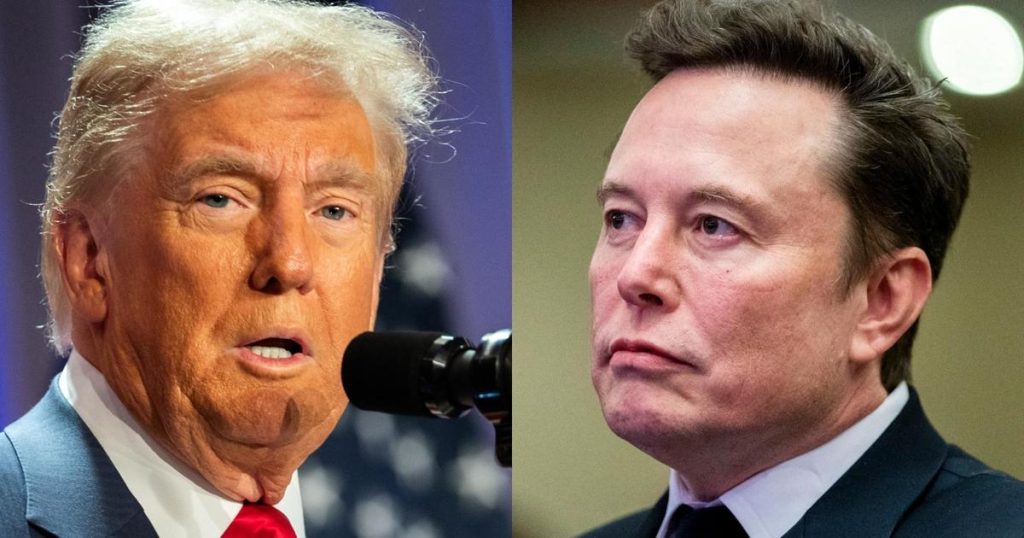In a bid to reduce wasteful federal spending, President Trump has appointed Tesla CEO Elon Musk and entrepreneur Vivek Ramaswamy to lead the Department of Government Efficiency (DOGE). The initiative aims to slash regulations, cut expenditures, and restructure federal agencies, with a focus on reducing the $6.7 trillion annual federal spending. Musk has advocated for major government reform, proposing to identify over $2 trillion in savings, although experts like Elaine Kamarck have expressed doubts about the feasibility of such cuts. The DOGE is not an official government department, leading to questions about its authority, funding, and operational structure.
Musk and Ramaswamy’s appointment raises concerns about their mandate to make changes in federal outlays, given that Congress is responsible for authorizing spending. With two-thirds of federal spending allocated to mandatory programs like Social Security and Medicare, cutting expenditures in discretionary areas, such as defense, may prove challenging. While Musk aims to reduce the number of federal agencies and cut wasteful spending, the lack of a formal mandate for the DOGE limits its ability to influence federal budget decisions effectively.
Past administrations have undertaken efforts to trim government spending, with initiatives like the Grace Commission in the 1980s and the National Performance Review in the 1990s. However, many recommendations for cost-cutting were not implemented, highlighting the complexities of reducing federal expenditures. The Trump administration’s focus on government efficiency could involve strategies like reducing Medicare fraud, cutting contributions to international organizations, and ending subsidies for agricultural products. Efficiency efforts must also consider the intricacies of the bureaucracy to be successful in enhancing government operations.
Critics have raised concerns about Musk’s potential conflicts of interest, given his business ties with federal agencies like the Department of Defense and NASA. Musk’s companies, including SpaceX and Tesla, have received billions in federal funding, raising questions about his impartiality in recommending government spending cuts. While federal employees are required to disclose financial assets and divest holdings that could pose conflicts of interest, Musk and Ramaswamy, as external advisors, may not be subjected to the same ethical standards, potentially complicating their roles in leading the DOGE initiative.
The establishment of the Department of Government Efficiency reflects Trump’s campaign promise to reduce government waste and improve efficiency in federal agencies. With Musk and Ramaswamy at the helm, the initiative faces challenges in exerting influence over federal spending decisions, given the limitations of its organizational structure and authority. While cost-cutting measures may offer opportunities for savings, implementing effective efficiency strategies requires a deep understanding of the federal bureaucracy and collaboration with experienced civil servants to navigate complex government operations and regulations. Ultimately, the success of the DOGE initiative will depend on its ability to address the entrenched challenges of government spending and enhance operational effectiveness in federal agencies.














